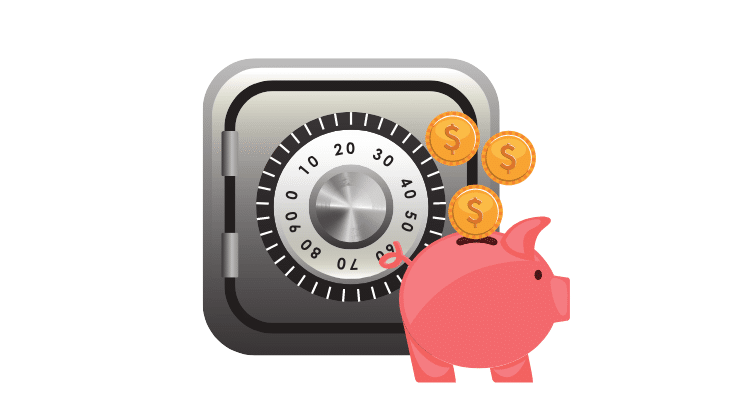Quick. Pick one. Which would you rather have: (A) Higher earnings or (B) More in savings?
I’m guessing you went for (A). Most people do. We tend to be far more concerned with increasing our income rather than growing our net worth. But hey, it’s not our fault. That’s how our brain is wired.
A recent Cornell University study discovered that our brains are biased toward earning and against saving. Perhaps it’s the immediate gratification our paychecks offer while socking away savings feels about as gratifying as watching grass grow
It’s a fact. Wealth doesn’t come from what you earn. Wealth comes from what you save. But wait…getting rich isn’t the only reason to be a saver.
Consider the title of a 2016 study: “How Your Bank Balance Buys Happiness: The Importance of “Cash on Hand” to Life Satisfaction.” This study, as reported in What the Elle (my favorite financial newsletter), found that higher savings is a better predictor of happiness and well-being than hefty incomes.
Add to that the result of the 2018 Ellevest Census: “The #1 confidence booster for women is saving and investing (63% of women ranked it over things like salary and education).
The message is clear. Don’t let your brain be the boss. Instead, train your mind to rewire your brain to focus on savings rather than obsessing about earnings. (If you haven’t read my free ebook, The Rewire Response, you can get on this page.)
Which would you choose: (A) A big fat paycheck or (B) lots of money set aside? Leave me a comment and tell me why.










